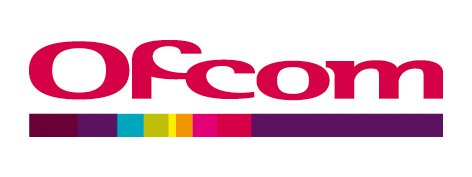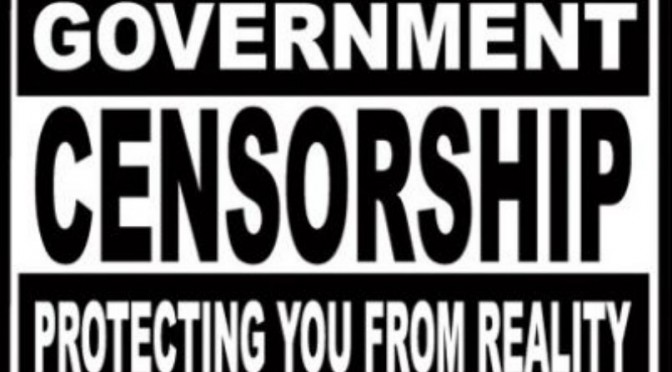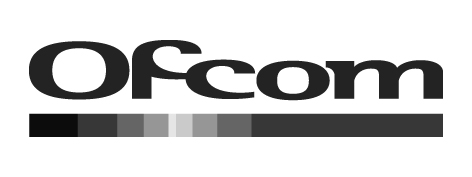The recent transfer of Internet censorship powers from ATVOD to Ofcom has been trumpeted as a victory for free expression. It is anything but.
In 2009, the then opposition leader, David Cameron (who, we might remember, used to show vaguely liberal leanings), made a radical pledge: to break up the mighty super-regulator, Ofcom. As reported by the Guardian, he said:
“With a Conservative government, Ofcom as we know it will cease to exist. Its remit will be restricted to its narrow technical and enforcement roles. It will no longer play a role in making policy. And the policy-making functions it has today will be transferred back fully to the Department for Culture, Media and Sport.”
This was a very important pledge. Ofcom, a large organisation with an annual budget running into the hundreds of millions of pounds, also writes and enforces policy, particularly in the field of television censorship: something that, as Cameron had noticed, is surely the role of government rather than an unelected regulator.
Of course, once the coalition was elected in 2010, this pledge was never heard of again. Ofcom remained intact, and is alive and well to this day. Furthermore, as of 1st January this year, video-on-demand censorship powers were transferred from ATVOD to Ofcom.
When the demise of ATVOD was reported last year, there was much jubilation, especially among small UK porn producers. As probably the original anti-ATVOD campaigner (having been in some way involved with the new VoD regulations since 2007), I too did a little dance on ATVOD’s grave. ATVOD’s CEO, Pete Johnson, had proven to be an obsessive anti-porn activist, and he turned his organisation’s ‘regulatory activity’ into little more than a witch-hunt of British porn publishers.
But some of those involved trumpeted this move as some kind of victory for free expression. Anyone with experience of Ofcom would never make such a mistake. It is a grave threat to online free speech.
Ofcom is a typical New Labour creation: iron-fisted authoritarianism wrapped in a velvet glove of diversity and other fluffy things. Formed by merging multiple regulators into one monolith, it was granted powers of control over our daily lives. Its rules for television are moralistic and wide-ranging, and almost never challenged by our elected representatives. The 2009 version of David Cameron deserves at least a little kudos for even mentioning the problem.
Ofcom’s attitudes to pornography on TV make ATVOD’s prudish rules for VoD seem positively libertine. While online rules allow hardcore porn – at least up to the BBFC’s R18 standard – Ofcom totally banned all explicit sex acts from TV. This applies even to PIN-protected adult channels broadcasting at 3am. In the name of child protection, British adults are banned from watching porn on TV: almost all other EU countries and the ‘prudish’ US allow hardcore porn to be broadcast – many in the middle of the day.
But even the BBFC’s 18 standard for soft porn is too much for the moralists at Ofcom, who have created their own, even softer standard of decency, which is prudish to the point of comedy.
Empowered by the Broadcast Act (2003), Ofcom doesn’t just write law: it is judge, jury and executioner. Tiny breaches of its code can result in fines of tens of thousands of pounds – in fact, it can impose fines of up to £250,000. And it also has the power to order TV channels to close, and even to ban companies from operating TV channels.
Playboy TV, for example, fell foul of Ofcom rules numerous times. Having been fined £25,000 in 2004, it was fined £22,500 in 2008 for broadcasting content that ‘included sequences depicting masturbation, oral sex (both between women and between men and women), clear labial detail, sexual intercourse, and full nudity. Some also included strong language, such as “fuck” and its derivatives and “cunt”, in an overtly sexual context.’
Yes folks, a massive, unelected, publicly-funded organisation issues huge fines to porn businesses that allow adults to see ‘clear labial detail’, on an encrypted TV channel in the middle of the night.
With the convergence of TV and the Internet, Ofcom was always going to make a grab for Internet censorship powers. The closure of ATVOD may have made us all smile, but it fits in with Ofcom’s strategic interests. In fact, ATVOD only existed for temporary convenience, the result of a pretence at co-regulation between government and industry (ATVOD was once a genuine trade association, but was hijacked and turned into a censorship body in 2010).
The current consultation on further Internet censorship powers for Ofcom is ominous indeed. It is clearly an exercise in box-checking before the government inevitably decides that the UK, alone in the democratic world, needs more Internet censorship to protect our under-18s (and purely by accident, protect adults too) from sexual expression. There is little chance that the old, liberal Cameron will leap to our rescue. Internet censorship is on the short-term agenda: the transfer of power from ATVOD to Ofcom was not a victory for free speech, but a signal that state censorship of the Internet is getting serious.


